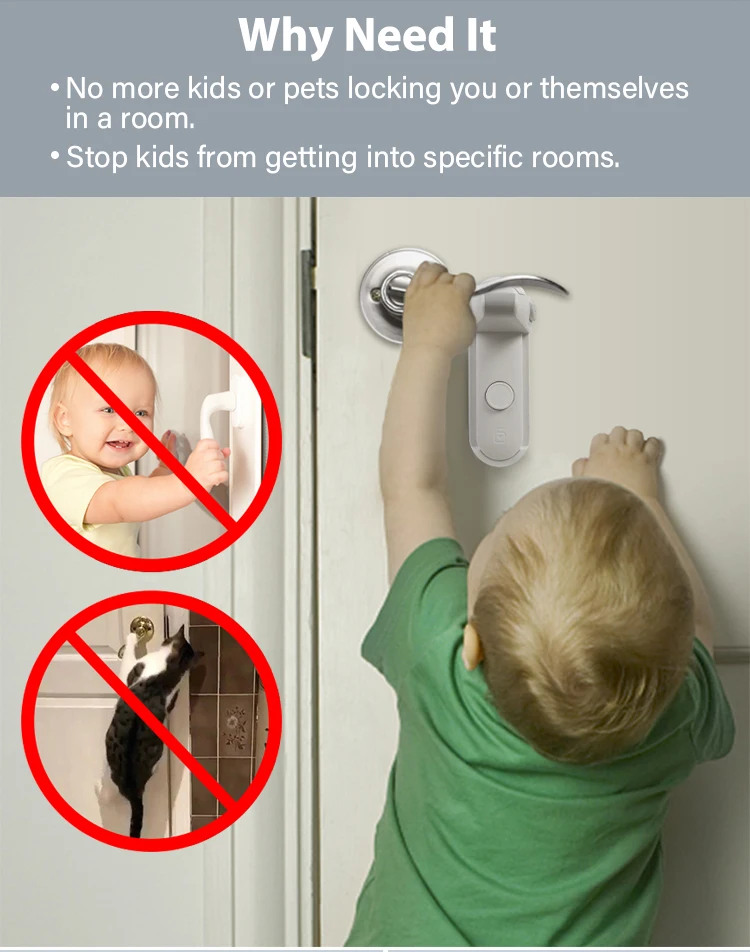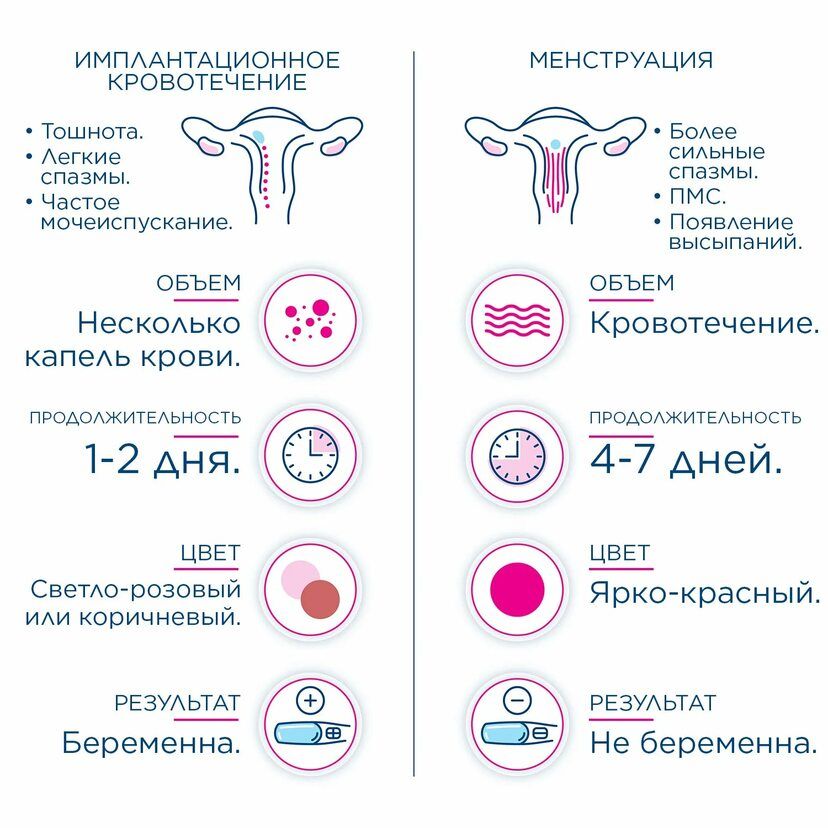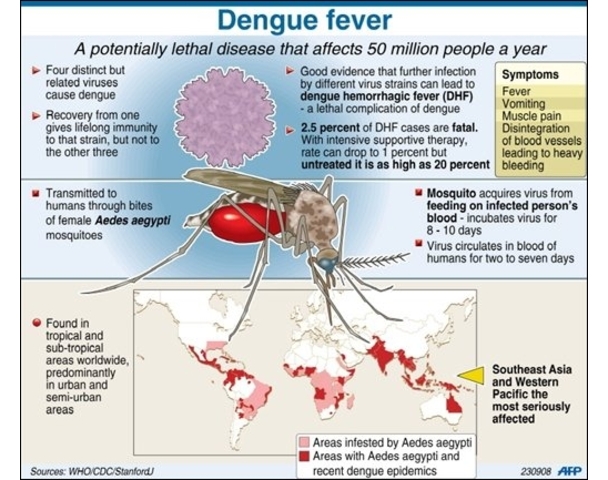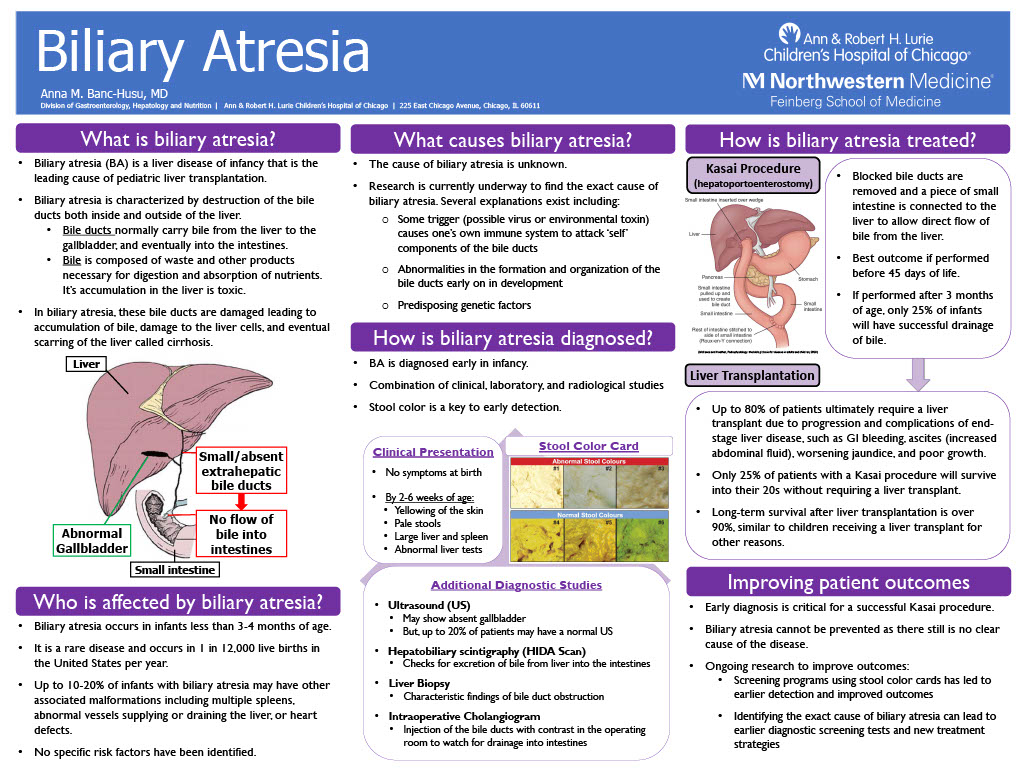How to tell if your child has night terrors
Kids Health Information : Night terrors (night-time wakings)
Night terrors are very dramatic awakenings that happen during the first few hours of sleep at night. They can be very distressing to watch, as your child may seem extremely disturbed and upset, and it is very hard to console them. Night terrors are not the same as nightmares.
About five per cent of children have night terrors; they usually happen in preschool- and primary school-aged children. Night terrors will not have any long-term effects on your child, and your child will most likely grow out of them.
Overtiredness and not enough sleep can make night terrors more frequent.
Signs and symptoms of night terrors
- A night terror usually starts with a sudden scream. Your child may look very scared.
- Your child may stay in bed thrashing their arms and legs wildly, or get up and start running around the house. Often, they will not notice if you try to stop or console them.
- They have fast breathing and heart rate.
- They may be very sweaty and have their eyes open with a glassy stare.
- Your child will not recognise anyone and is unable to be comforted.
- Night terrors usually last around five to 10 minutes and may happen more than once during the same night.
What causes night terrors?
A child who is having a night terror is stuck halfway between being asleep and awake. They are awake enough to get out of bed, talk or scream and have their eyes open; but they are asleep in that they do not respond to a parent trying to console them. They usually don’t remember the episode in the morning.
Often there is a history of night terrors or sleep walking in the family. Night terrors happen in healthy children, and are a part of normal development. They are not usually associated with serious emotional or psychological problems. There is no link with epilepsy. Night terrors may
become worse with illness and fevers, or if your child becomes very worried about something.
Night terrors may
become worse with illness and fevers, or if your child becomes very worried about something.
Night terrors are different to nightmares. Nightmares are scary dreams that usually happen in the second half of the night, during dream sleep. During a nightmare, your child wakes up fully and can instantly remember the frightening dream. You can settle your child when they have had a nightmare, and your child will usually remember the waking in the morning.
Care at home
While there is very little you can do during a night terror episode, there are some general strategies for helping children who get night terrors.
- During the night terror episode, stay calm and don't touch your child unless they are going to hurt themselves. Efforts to settle or help your child often make the episode worse.
- Keep your house safe at night time. Lock windows and doors, and clear the bedroom floor of objects so they don’t step on things or trip over.

- Have a regular sleep time with a good bedtime routine to avoid your child becoming too tired.
- Don't make a big fuss about the night terror the next day. Children – and their brothers or sisters – can often become upset by your reaction and may become anxious about going to bed.
If your child is going away overnight to camp or a friend's place, warn the people caring for your child that they may have night terrors. Give them a copy of this fact sheet. Make sure that your child has a good sleep routine before going away.
When to see a doctor
Your child may need to see your GP if:
- the night terrors are very violent and there is a risk of injury to your child or yourself
- the night terrors are happening a lot and disturbing the family's sleep
- your child is very sleepy during the day.
Your GP may refer you to a paediatrician or sleep specialist.
Key points to remember
- Night terrors are a part of normal development and happen in healthy children.
- During a night terror episode, stay calm and don't touch your child unless they are going to hurt themselves.
- Make sure that your child has a good sleep routine and is getting enough sleep.
- Night terrors do not have any long-term effects on your child, and most children will outgrow them.
For more information
- The Royal Children’s Hospital Sleep Clinic – appointments can only be made with a referral.
- Melbourne Children’s Sleep Centre – appointments can only be made with a referral.
- Kids Health Info fact sheet: Sleep problems – babies and toddlers
- Kids Health Info fact sheet:
Bedtime problems – children
- Kids Health Info fact sheet:
Sleepwalking
Common questions our doctors are asked
Will medication help my child sleep better and help prevent night terrors?
We do not recommend giving your child medication to help them sleep better. Developing good sleep habits and a good bedtime routine is the best way to help your child sleep better.
Developing good sleep habits and a good bedtime routine is the best way to help your child sleep better.
My child seems extremely disturbed when she has night terrors. Is there a possibility a mental issue is causing the sleep terrors?
While night terrors are frightening for adults to witness and they may seem like your child is having a severe emotional or mental disturbance, night terrors are not usually associated with serious emotional or psychological problems. If your child’s behaviour is worrying during the day, see your GP for advice.
Developed by The Royal Children's Hospital General Medicine department. We acknowledge the input of RCH consumers and carers. We acknowledge the input of RCH consumers and carers.
Reviewed March 2018.
Kids Health Info is supported by The Royal Children’s Hospital Foundation. To donate, visit www.rchfoundation.org.au.
Night Terrors (for Parents) - Nemours KidsHealth
What Are Night Terrors?
Most parents have comforted their child after the occasional nightmare. But if your child has ever had what's known as a night terror (or sleep terror), his or her fear was likely inconsolable, no matter what you tried.
But if your child has ever had what's known as a night terror (or sleep terror), his or her fear was likely inconsolable, no matter what you tried.
A night terror is a sleep disruption that seems similar to a nightmare, but is far more dramatic. Though night terrors can be alarming for parents who witness them, they're not usually cause for concern or a sign of a deeper medical issue.
What Are the Signs and Symptoms of Night Terrors?
During a night terror, a child might:
- suddenly sit upright in bed
- shout out or scream in distress
- have faster breathing and a quicker heartbeat
- be sweating
- thrash around
- act upset and scared
After a few minutes, or sometimes longer, the child simply calms down and returns to sleep.
Unlike nightmares, which kids often remember, kids won't have any memory of a night terror the next day because they were in deep sleep when it happened — and there are no mental images to recall.
What Causes Night Terrors?
Night terrors are caused by over-arousal of the central nervous system (CNS) during sleep.
Sleep happens in several stages. We have dreams — including nightmares — during the rapid eye movement (REM) stage. Night terrors happen during deep non-REM sleep. A night terror is not technically a dream, but more like a sudden reaction of fear that happens during the transition from one sleep stage to another.
Night terrors usually happen about 2 or 3 hours after a child falls asleep, when sleep moves from the deepest stage of non-REM sleep to lighter REM sleep. Usually this transition is a smooth one. But sometimes, a child becomes upset and frightened — and that fear reaction is a night terror.
Who Gets Night Terrors?
Night terrors have been noted in kids who are:
- overtired, ill, or stressed
- taking a new medicine
- sleeping in a new environment or away from home
- not getting enough sleep
- having too much caffeine
Night terrors are relatively rare — they happen in only 3%–6% of kids, while almost every child will have a nightmare occasionally. Night terrors usually happen in kids between 4 and 12 years old, but have been reported in babies as young as 18 months. They seem to be a little more common among boys.
Night terrors usually happen in kids between 4 and 12 years old, but have been reported in babies as young as 18 months. They seem to be a little more common among boys.
Some kids may inherit a tendency for night terrors — about 80% who have them have a family member who also had them or sleepwalking (a similar type of sleep disturbance).
A child might have a single night terror or several before they stop. Most of the time, night terrors simply disappear on their own as the nervous system matures.
How Can I Help My Child?
Night terrors can be very upsetting for parents, who might feel helpless when they can't comfort their child. The best way to handle a night terror is to wait it out patiently and make sure your child doesn't get hurt if thrashing around. Kids usually will settle down and return to sleep on their own in a few minutes.
It's best not to try to wake kids during a night terror. This usually doesn't work, and kids who do wake are likely to be disoriented and confused, and may take longer to settle down and go back to sleep.
There's no treatment for night terrors, but you can help prevent them. Try to:
- reduce your child's stress
- create a bedtime routine that's simple and relaxing
- make sure your child gets enough rest
- help your child from becoming overtired
- don't let your child stay up too late
If your child has a night terror around the same time every night, you can try waking him or her up about 15–30 minutes before then to see if that helps prevent it.
Understanding night terrors can ease your worry — and help you get a good night's sleep yourself. But if night terrors happen repeatedly, talk to your doctor about whether a referral to a sleep specialist is needed.
Child's nightmares: how to help him
Childhood nightmares and fears are an experience that many families go through. "Monsters" appear at night and scare not only the child: at such moments everyone is worried. But if you understand the nature of nightmares, then it will be quite possible to help the baby calm down and improve sleep.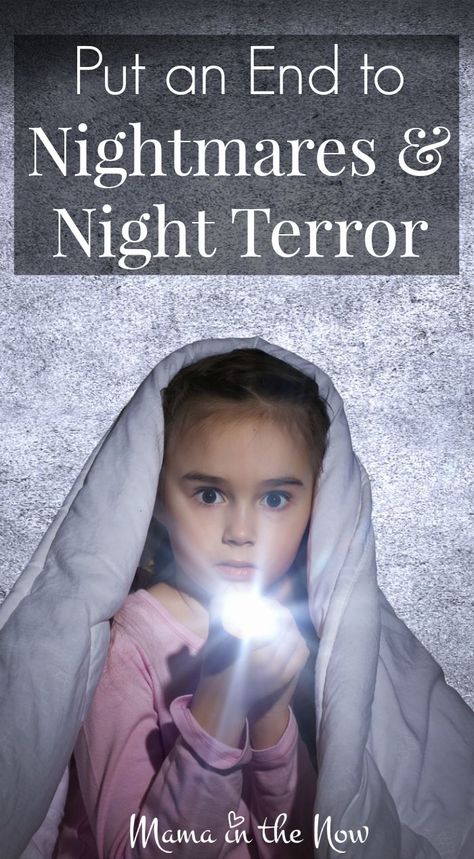 Anna Borodkina, a child analytical psychotherapist and clinical psychologist, talks about how to overcome fear together.
Anna Borodkina, a child analytical psychotherapist and clinical psychologist, talks about how to overcome fear together.
What is the reason? nine0007
Night terrors often occur in children in early and preschool age: up to 9 years, an average of 5-8% of children experience this phenomenon. Teenagers have fewer nightmares.
Possible causes of sleep disturbance due to nightmares are both external factors - watching scary films and videos, an unpleasant meeting with a dog, visiting attractions, and internal factors - early separation from mother, disturbed sense of security, a sharp change in the emotional background of the family, strong stress (birth of a brother or sister, death of someone close, accidents), conflicts and aggression in the family, divorce of parents, moving. nine0005
In children with night terrors during sleep, the duration and change of sleep stages are disturbed, especially in the first 60 minutes after falling asleep. The child wakes up suddenly, at such moments he is usually very excited and frightened. It is not possible to comfort the child right away, he may cry or scream. Parents are worried, not knowing what to do.
It is not possible to comfort the child right away, he may cry or scream. Parents are worried, not knowing what to do.
First Aid
- Find out if the child is getting enough sleep, how long it sleeps, and whether the environment where the child sleeps is comfortable. nine0018
- Consult a neurologist to rule out organic causes of sleep disturbance.
- If there are no organic causes of sleep disturbance, seek support from a child psychologist or psychotherapist to normalize the psycho-emotional state.
What Parents Should Do
1. Take your child's nightmares and fears seriously and their fantasies with respect. Do not scold the child and do not try to convince him. Monsters really live under the bed, and the grandmother is hiding in the closet. Young children find it difficult to control their emotions, especially when they are overwhelmed with strong feelings. nine0005
The first thing that gives support and a feeling of "grounding" is physical contact. You can hug a child, stroke it, lie down next to it, sing a lullaby.
You can hug a child, stroke it, lie down next to it, sing a lullaby.
You can offer a glass of water or milk, make a cocoon out of a blanket to increase the feeling of physical security, just sit around.
It is far from always that the appearance of nightmares and fractional sleep is a reason for manipulation, as, unfortunately, it may seem to adults. Especially small children aged 3 to 5 years old can hardly cope with the emotions that overwhelm them - what really worries them in reality, the experience that the psyche is not yet able to digest, turns into a nightmare and is thrown out. Toddlers are often excited by watching cartoons, computer games and are very sensitive to the experiences of adults. nine0005
2. Ask the child about what or who scares him, find out the details. If the child is ready to talk about fears at the moment when he woke up, take time for him and find out what worries him: where exactly the monsters live, what they look like, why they are so scary.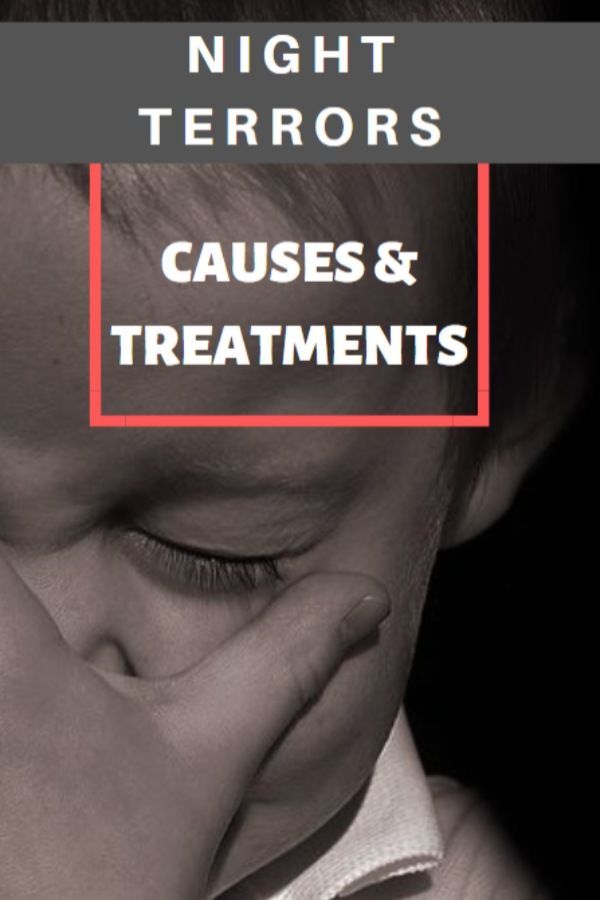 Avoid devaluation - for a child, monsters are real.
Avoid devaluation - for a child, monsters are real.
3. In the morning or afternoon, in a calm environment, return to the topic of fears. Talk to the child, offer to draw or make a monster. Be there, showing attention and interest. You can say terrible moments out loud, make sure that the monster has moved to paper, you can see it during the day and not be afraid. nine0005
Invite the child to win, drive away the monster and destroy the drawing together - it can be torn, burned, thrown away.
4. Invite the child to act out his fear. Let the nightmare hero come to life in the game. The game is a special mental space, a world where fantasies come to life. In the game, as in other creative activities, the child unconsciously comes into contact with strong feelings, affects, instincts, taking them from the inner space to the outer, getting the opportunity to live emotional experience in the safe field of creativity. nine0005
5. Make up a story or story. It is important that the story contains those moments that frighten the child. You can personify fear. For example, it could be a Dragon that scares Masha, or a Monster that lives in Viti's boy's room. Pay attention to the ending - invite the child to decide for himself how the monster or dragon will be defeated.
You can personify fear. For example, it could be a Dragon that scares Masha, or a Monster that lives in Viti's boy's room. Pay attention to the ending - invite the child to decide for himself how the monster or dragon will be defeated.
6. Analyze the child's routine: does he get enough rest during the day, is there room for walks and play? The workload with classes, circles and sections can lead to mental stress and deplete the emotional background of the child. Create a schedule where the child will have fixed breaks and nap time. If the mental load is increased, it may be worth reconsidering the number of sections - it can be difficult for preschoolers due to their age. nine0005
7. Introduce rituals. Some children are afraid to fall asleep in total darkness. You can buy a special "anti-nightmare" night light and decide with your child that it will burn all night, scaring away monsters. You can select a separate toy with which the baby will sleep at night. Leave the child's room door ajar. Pay attention to the time the child goes to bed: sit together a little longer than usual; tell a story; discuss what you will do in the morning, where you will go, what you will play. Before falling asleep, you can lie down next to the child, do a relaxing massage with aromatic oil, offer a warm drink. nine0005
Pay attention to the time the child goes to bed: sit together a little longer than usual; tell a story; discuss what you will do in the morning, where you will go, what you will play. Before falling asleep, you can lie down next to the child, do a relaxing massage with aromatic oil, offer a warm drink. nine0005
8. Pay attention to your home environment. If the family is going through a difficult time and it is not possible to cope on their own, seek help from a child psychologist or psychotherapist. The specialist will help not only the child to cope with fear and anxiety, but also tell you, the parents, how to survive the "dark times" without losing contact with the baby.
Photo: Collection/iStock
Children's sleep and nightmares from a pediatrician's point of view
At least once in our lives, we all have encountered a situation where a child wakes up at night crying or screaming and runs to the parent's bed. What happened? Had a bad dream? Or a nightmare? Is it night terror? nine0005
In these matters, we will try to deal with the pediatrician of the Odrex Medical House Ekaterina Nikolaenko.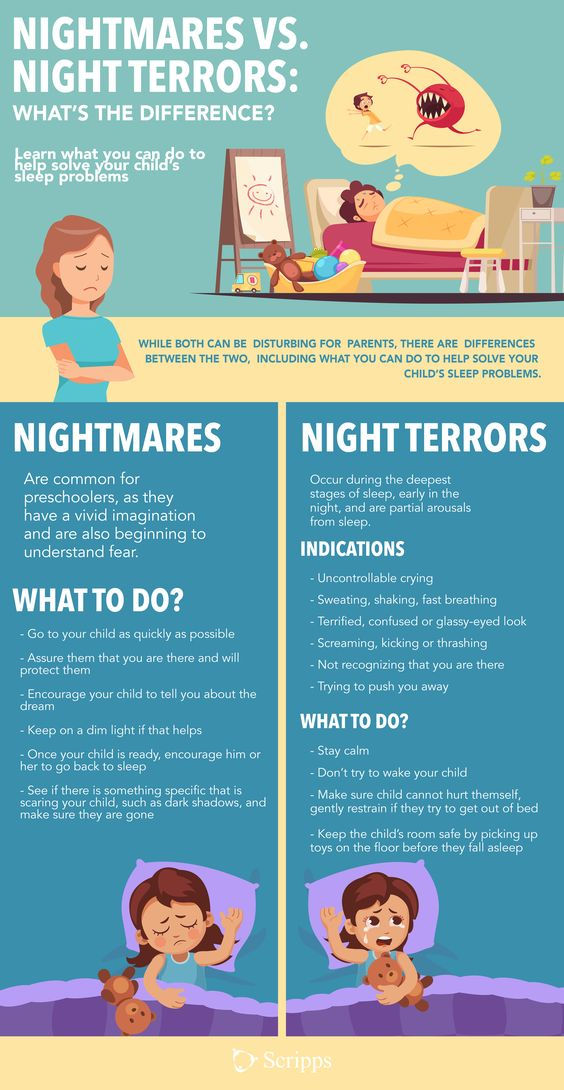
An important criterion for the physical and mental health and development of a child is his emotional state. It affects the development of perception of the world, attention, memory, thinking, imagination. In turn, the emotional state of the child depends on many factors, but one of the main ones is the quantity and quality of sleep.
What are nightmares and night terrors, why do they appear? nine0007
A nightmare is a bad dream that causes a child to wake up in a state of fright. This is a consequence and reflection of the emotional conflicts of active life. For example, in a one-year-old baby, this is some recent event - a blood test, a bee sting, a careless fall.
Night terror is a partial awakening with confusion (dreaming, sleepwalking). The child may cry, wave his arms, scream, but does not wake up completely. When addressing a child, he may not answer, he seems to look at you, but does not see. Night terror or terror is a fairly rare sleep disorder commonly seen in preschool children. nine0005
nine0005
Night terrors can appear in children from 6 months of age, for example, in the form of prolonged crying that is difficult to soothe. In children going to kindergarten or school, this condition manifests itself in the form of hysteria, in adolescents - a scream, and at this time the child can sit up sharply in bed.
The older the child becomes, the more complex the fears - separation from parents, the fear of losing love and approval, the fear of disappointment. In adolescents, these are anxieties about the future, experiments with new value systems, objections, personal desires and assessment by their parents. nine0005
Nighttime viewing of horror films, strange cartoons, showdowns in front of children or scenes of domestic violence in any form can influence the appearance of sleep disorders in a child. All this leads to an increase in the degree of anxiety, and then manifests itself in the form of horrors (and not only).
As you know, each stage of growing up has its own fears, and they are subsequently expressed in dreams and nightmares.
What should I do if my child has a nightmare?
A frightened child should not be embarrassed, blamed or shouted at. nine0005
- If it is a night terror, do not try to wake the baby, you should speak in a low voice, you can gently take his hand and take him to bed. Night terror usually occurs 1-4 hours after falling asleep, when the slow-wave sleep phase is at its deepest. As a rule, the attack goes away on its own and its duration can be different, sometimes up to 45 minutes. After such an attack, the child quickly falls asleep again, but does not remember anything.
- If it's sleepwalking, make sure the child doesn't hurt himself. nine0018
- If this is just a bad dream, you need to hug, reassure, talk to the child, remind him that this is just a dream, encourage his story.
Can I self-prescribe drugs to improve sleep?
Only a specialist can determine the degree of anxiety and other mental disorders, therefore, the appointment of any sleep-improving drugs is possible only after consulting a pediatrician or a narrow specialist. Any drug, even innocent at first glance, can further disrupt sleep. nine0005
Any drug, even innocent at first glance, can further disrupt sleep. nine0005
How to improve children's sleep?
Children are often afraid to fall asleep alone in the dark. To relieve the child of fears, you can leave a small lamp on until the moment of deep sleep.
Seek medical advice if the horrors persist, become more frequent and are accompanied by screams. If you have nightmares weekly or more often, this is an occasion to contact a pediatric neurologist, neuropsychologist, or psychologist.
Ekaterina Sergeevna sums up: “Night fears arise due to increased anxiety, the causes of which we have partially analyzed above. You can find additional information in the books that I myself read and recommend to you, these are:
• H. Karp “Children's dream. Simple solutions for parents”
• R. Ferber “Child's sleep. Solving all problems»
Ekaterina Nikolaenko can sign a declaration for a child. The contract can be concluded at the Odrex Medical House at the address: Raskidaylovskaya street, 69/71.

